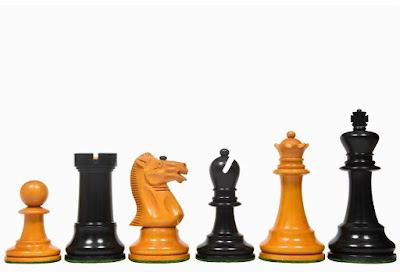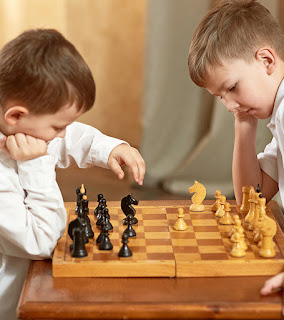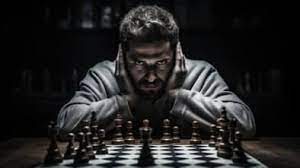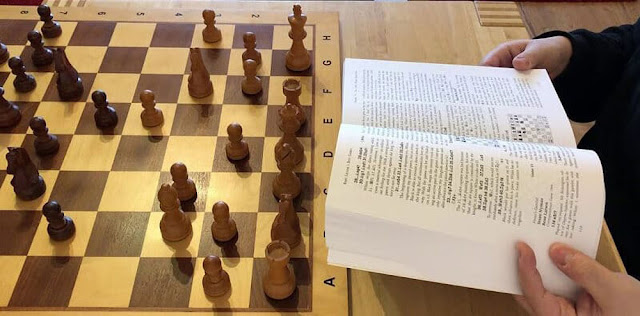Why is Chess So Hard?
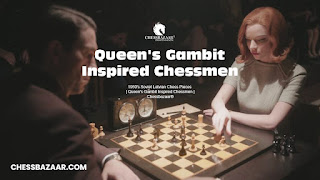
Chess, often hailed as the game of kings, holds a mystique that transcends its checkered board and intricate pieces. Yet, for many, it's a daunting endeavor fraught with complexity. Why is chess so hard? This question echoes through the minds of novices and seasoned players alike, drawing them into a world where strategy reigns supreme. In this article, we delve into the multifaceted nature of chess, exploring its challenges and offering insights into what makes it such a captivating yet demanding pursuit. The journey to mastery in chess is not for the faint-hearted. "If chess was easy, you wouldn't be interested in it," goes the adage. Indeed, the path to proficiency demands time, dedication, and patience. Whether honing tactical prowess or seeking guidance from a coach, the pursuit of excellence in chess requires unwavering commitment. With the advent of the Internet, resources abound, making it easier than ever to access tutorials, analyze games, and connect with m...

